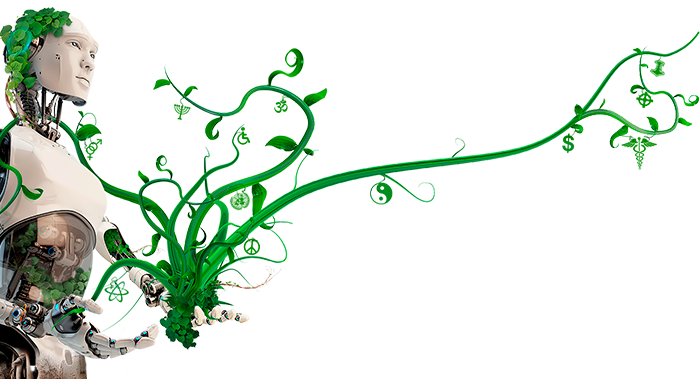

Peter Remmers, since 2017 Research Assistant in the supporting project “Autonomous Robots for Assistance: Basic Interactive Skills (ARAIG) (sub-project “Ethical and Legal Aspects of Service Robots”); PhD in 2017 at Technische Universität Berlin with a dissertation about “Film as a Form of Knowledge”; 2009-2014 Teaching Assistant at the Department of Philosophy at TU Berlin; Research focuses: Philosophy and Ethics of Human-robot Interaction, Epistemology, Philosophy of Film.
The Artificial Nature of Social Robots: A Phenomenological Interpretation of Two Conflicting Tendencies in Human-Robot Interaction
In philosophy & ethics of human-robot interaction, we find two approaches to anthropomorphism. According to one tendency, the use of human likeness as a way to integrate robots in socio-technical environments is essentially discouraged. In contrast to this position, some authors argue for a novel and original approach to social robots that transcends their purely material status and affirms the special kinds of relations constituted in human-robot interaction. But while there is no ultimately satisfying way to resolve the conflict between both approaches, I propose a mediating interpretation of the issue along the lines of phenomenological theory of image-perception.